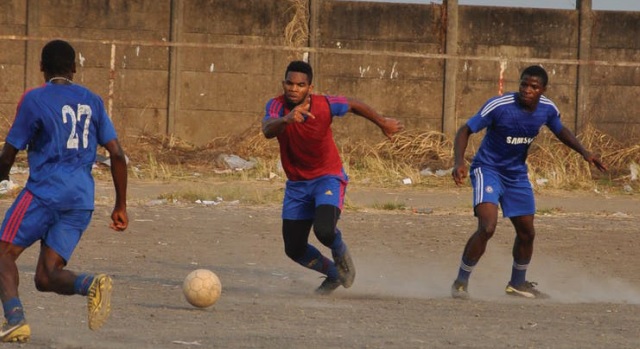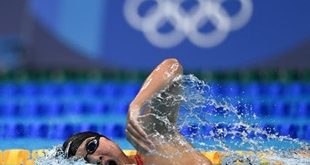
How African athletes challenge Western notions of doping
Kampala, Uganda | UROS KOVAC | The International Olympic Committee (IOC) has expanded the power of World Anti-Doping Agency (WADA), making it a central authority in the “fight against cheating”. WADA defines doping as the use of prohibited substances and methods designed to enhance athletic performance.
But are prohibited substances defined only by their chemical makeup? Not according to West African athletes, many of whom take spiritual methods to enhance their performances very seriously.
Football in West Africa is often associated with witchcraft. In Nigeria and Cameroon, these practices are referred to as “jars” or “juju”. Athletes use them to enhance their performance in ways that are similar to doping as WADA defines it, and even to sabotage opponents. The key to these practices, however, is not the chemical content of the substances, but the spiritual powers they carry.
Spiritual doping
According to Cameroonian footballers among whom I conducted my fieldwork, the spiritual world is superimposed on the material world, and actions in the former have direct and far-reaching consequences on the latter.
In West Africa, accusations of spiritual performance-enhancing practices can be much more serious than those involving materials and chemicals.
The concept of “jars” is difficult to pin down, largely because it is shrouded in secrecy and is constantly changing. Information about these practices can be extracted principally from rumours and accusations. Stories allude to small pieces of particular herbs, pieces of tree bark, or small threads that the players acquire from healers who imbue them with supernatural powers.
Aware of the fact that Cameroonian referees would sanction them if they were caught, the footballers hide them under their shin guards, in their boots, or in the rubber band sockets of their shorts. Others are concoctions of herbs prepared by healers that footballers drink, or wash their face, hands or feet in.
These objects and herbs are performance enhancers and allow the players to accomplish miraculous feats on the field. When some FIFA officials have expressed concerns about these supposed African forms of doping, they have been suspicious of their chemical content, but neglected their more important spiritual properties.
One could simply discount “jars” as a psychological delusion or as superstition. But the fact that athletes regularly scrutinise and accuse other players of using it indicates that it means much more. When Cameroonian footballers demonstrate extraordinary skills on the field, their opponents and even teammates closely scrutinise them for any evidence of “jars”.
One player told me that, during a match, his opponents forced him to strip down to his underpants in the middle of the field, insisting that he was hiding a spiritual token. Users have also been detected because of the distinct smell of the potions they wash in.
Just as with doping, most footballers in Cameroon are very critical of the use of “jars”, arguing that athletes should do away with it once and for all.
 The Independent Uganda: You get the Truth we Pay the Price
The Independent Uganda: You get the Truth we Pay the Price


